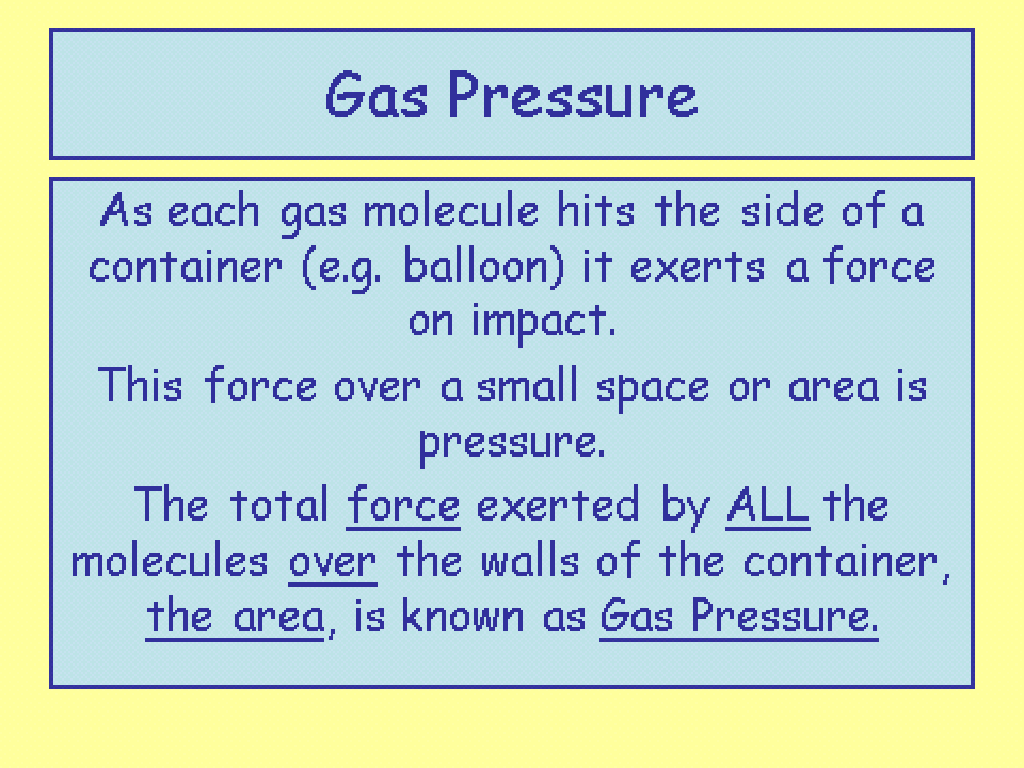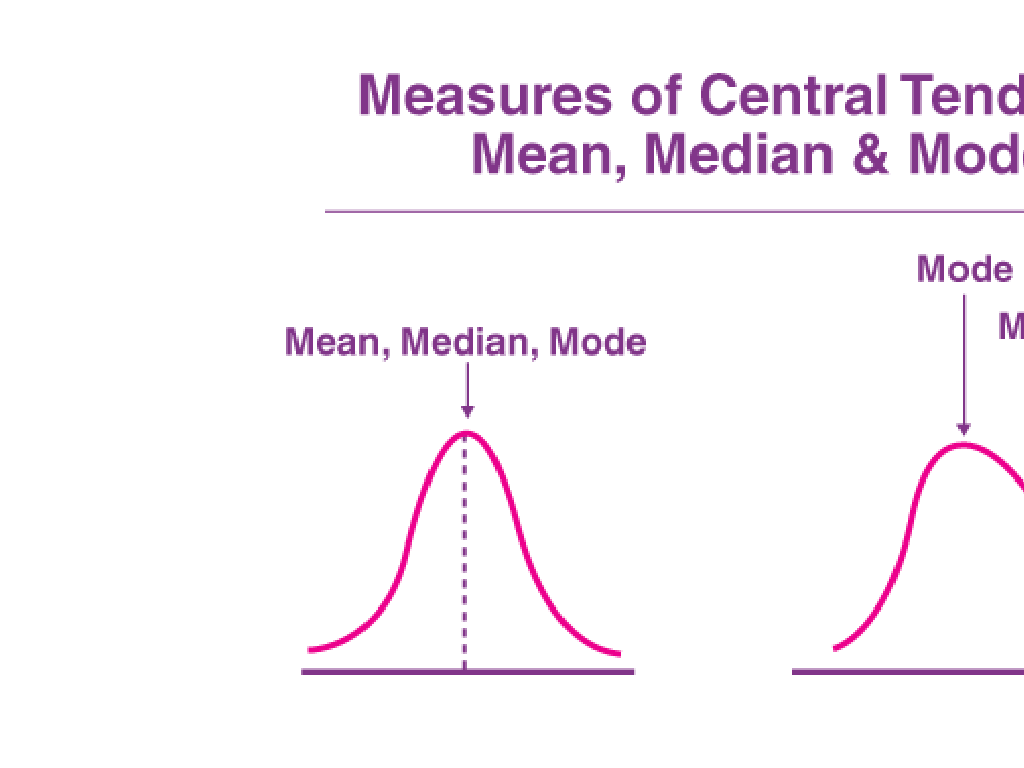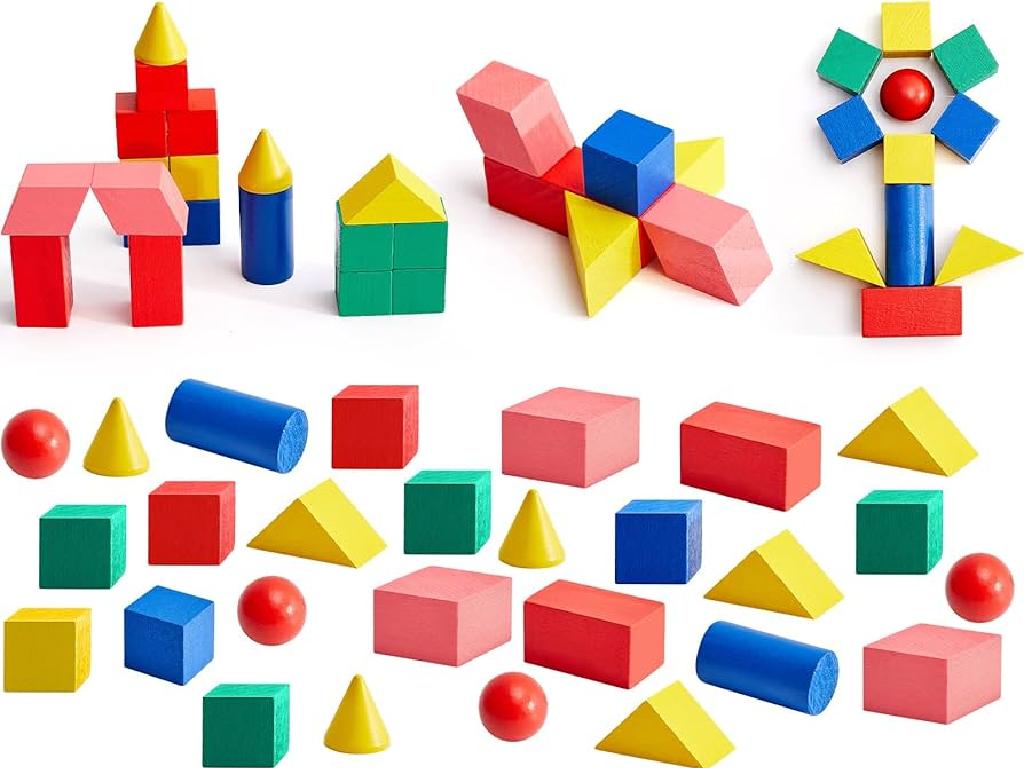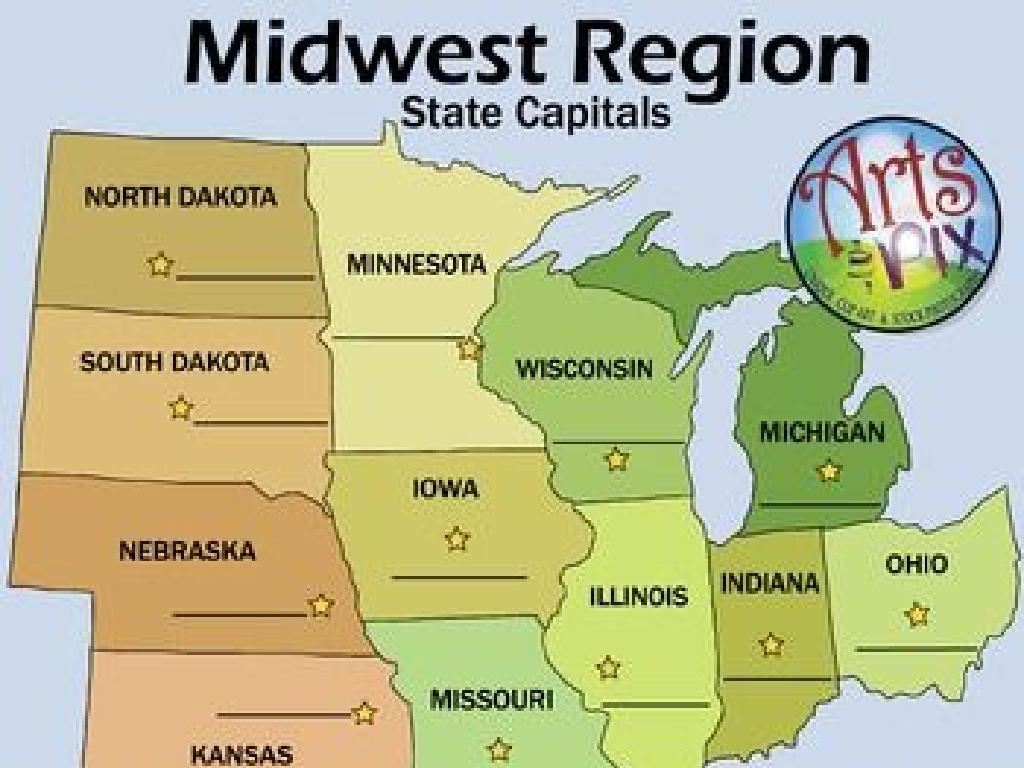Form And Use The Irregular Past Tense: Set 5
Subject: Language arts
Grade: Third grade
Topic: Verb Tense
Please LOG IN to download the presentation. Access is available to registered users only.
View More Content
Special Verbs: Irregular Past Tense
– Discovering special verbs
– What are Irregular Past Tense Verbs?
– Verbs that don’t follow regular rules, like ‘go’ becomes ‘went’
– Using verbs to describe the past
– We use these verbs to tell about things that have already happened
– Practice makes perfect!
|
This slide introduces the concept of irregular past tense verbs to third-grade students. Begin by explaining that while most verbs add ‘-ed’ to form the past tense, irregular verbs do not follow this pattern. Provide examples of irregular verbs and their past tense forms, such as ‘go’ becoming ‘went’ and ‘buy’ becoming ‘bought’. Emphasize the importance of memorizing these forms as they are commonly used. Engage the class with practice sentences and encourage them to use these verbs in their daily conversations to reinforce their learning. Prepare a list of common irregular verbs for the students to take home and study.
Regular vs. Irregular Verbs
– Regular verbs add ‘ed’ for past tense
– Irregular verbs change differently
– Example: ‘jump’ turns to ‘jumped’
– ‘Jump’ follows the regular pattern by adding ‘ed’
– Example: ‘go’ changes to ‘went’
– ‘Go’ is irregular, it doesn’t follow the pattern and becomes ‘went’
|
This slide introduces the concept of regular and irregular verbs to third-grade students. Regular verbs follow a pattern in the past tense, typically adding ‘ed’ to the base form. In contrast, irregular verbs do not follow this pattern and change in different ways. Provide clear examples to illustrate the difference: ‘jump’ is a regular verb that adheres to the ‘ed’ rule, becoming ‘jumped’ in the past tense. ‘Go’ is an irregular verb that becomes ‘went’, showing a change that does not follow the regular pattern. Encourage students to think of more examples and to understand that irregular verbs need to be memorized as they do not have a set rule for changing into the past tense.
Irregular Past Tense: Set 5 Verbs
– Understanding Set 5 verbs
– ‘bring’ changes to ‘brought’
– Example: Yesterday, I brought my toy to school.
– ‘buy’ changes to ‘bought’
– Example: Last week, I bought a new book.
– Using them in sentences
|
This slide introduces Set 5 of irregular past tense verbs to the third-grade students. Start by explaining that unlike regular verbs, irregular verbs do not follow a set pattern when changing to past tense. Provide examples of ‘bring’ and ‘buy’ to illustrate the change from present to past tense. Encourage students to notice the pattern in these verbs, where the ‘i’ in the present tense changes to ‘ou’ in the past tense. Have students create their own sentences using these verbs in the past tense to reinforce their understanding. You can extend the activity by asking students to find more verbs that follow a similar pattern or to use these verbs in a short story.
Using Irregular Verbs in Sentences
– Form sentences with Set 5 verbs
– Example: ‘Yesterday, I brought my lunch.’
Use ‘brought’ instead of ‘bring’ for past events
– Practice changing verb tenses
Turn ‘I bring’ into ‘I brought’ for actions done in the past
– Understand past tense usage
Know when to use past tense in a story or recounting events
|
This slide introduces students to the concept of using irregular verbs in past tense form. Start by explaining that irregular verbs do not follow the regular ‘-ed’ ending rule when changing from present to past tense. Use the example sentence to illustrate how ‘bring’ changes to ‘brought’ when talking about an action that happened yesterday. Engage the class in an activity where they convert present tense verbs from their Set 5 list into past tense, reinforcing the irregular forms. Emphasize the importance of using the correct past tense form to accurately describe events that have already happened. Provide additional examples and encourage students to create their own sentences using irregular past tense verbs.
Irregular Past Tense Verb Game
– Let’s practice with a fun game
– I’ll say a sentence in present tense
– For example, ‘I eat an apple’ becomes ‘I ate an apple.’
– You change it to past tense
– Remember, past tense verbs don’t always end in -ed
– Get ready for some verb fun!
|
This slide introduces an interactive game to help students practice converting present tense sentences into the irregular past tense. The game is designed to be engaging and educational. As the teacher, you will provide sentences in the present tense, and the students will work on changing them to the past tense. Emphasize that irregular verbs do not follow the typical ‘-ed’ ending pattern. For instance, ‘run’ becomes ‘ran’, not ‘runned’. Prepare a list of sentences using common irregular verbs for the activity. Consider grouping students and turning it into a friendly competition to see which group can correctly convert the most sentences. This will encourage participation and make the learning process enjoyable.
Class Activity: Verb Tense Story Time
– Write a story with Set 5 verbs
– Each student adds one sentence
– Use verbs in the past tense
– Think about how the action is finished
– Create a fun, cohesive story
|
This activity is designed to help students practice using irregular past tense verbs in a collaborative and creative context. Set 5 verbs might include words like ‘go’ which becomes ‘went’, ‘buy’ which becomes ‘bought’, etc. Start by explaining the activity and then begin the story with an opening sentence that includes an irregular past tense verb. Each student will then add to the story with their own sentence using a different Set 5 verb in the past tense. Encourage students to listen to each other and build upon the story logically. This will not only reinforce their understanding of verb tenses but also enhance their listening and creative skills. After the activity, review the story and discuss the different verbs used. Possible activities could include students drawing their sentence, acting it out, or creating a class book with their story.
Wrapping Up: Irregular Past Tense Verbs
– Congrats on learning Set 5 verbs!
– Homework: Write 5 sentences
– Create sentences with verbs like ‘go’ -> ‘went’
– Use Set 5 irregular past tense verbs
– Show how these verbs change from present to past
– Share your sentences in class tomorrow
|
Today’s lesson focused on understanding and using irregular past tense verbs from Set 5. As a conclusion, praise the students for their hard work and understanding. For homework, they are tasked with writing five original sentences, each incorporating one of the Set 5 irregular past tense verbs they’ve learned. This exercise will help reinforce their grasp of the material. Encourage creativity and personal connections in their sentences to make the activity more engaging. Tomorrow, we will have a sharing session where students can proudly present their sentences and practice speaking in past tense, which will further solidify their learning.






